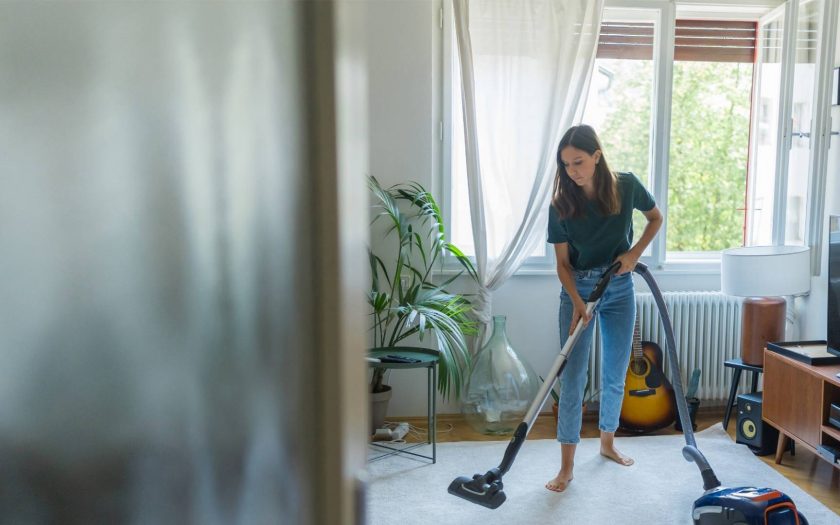Household accidents are most often due to careless or improper handling of everyday items: knives, electrical appliances, household chemicals. In the event of an accident, the main thing is not to panic, but competently provide first aid.
Animal bites and scratches
First of all, bites are dangerous because of deep lacerations that hurt a lot and heal poorly. On the teeth and claws of animals there is a huge amount of disease-causing bacteria that can cause infection of the wound. In addition, if you were bitten by a stray animal, you need a course of preventive vaccinations against rabies. First aid for bites is the same as for cuts: treat with an antiseptic (for example, Benzyl Benzoate), apply a bandage, and consult a doctor.
Burns
If you have a hot burn, immerse the damaged part of the body in cold water for at least 10 minutes, then treat with any special means. Protect the burned area from additional damage: apply bandages only on the ointment layer, do not wear tight and stiff clothes. If the burn is deep or large, or if the burned area swells, becomes inflamed, or suppurates, consult a doctor. Do not lubricate burns with alcohol or fat!
In case of chemical burns, the affected skin should be washed with a large amount of water, then treated with a humectant. If the chemical substance burns the throat and esophagus, it can cause swelling of the larynx, so the patient should be taken to the hospital as soon as possible.
Cuts
Treat the cut with any antiseptic or wash it with soap and water, then apply a bandage or wound patch. In case of venous bleeding (deep wound, dark reddish-purple blood), a pressure bandage should be applied. After the bleeding stops, small cuts can be treated with special healing ointments (for example, Soframycin), and with large cuts, it is better to consult a doctor.
Carbon monoxide poisoning
Such a situation can occur due to problems with the stove, and in rural houses due to wood-burning stoves and fireplaces that do not work well. Carbon monoxide has no smell and accumulates in the room imperceptibly. Symptoms of carbon monoxide poisoning are as follows: dizziness, headache, impaired coordination, loss of consciousness. In such cases, the patient should be removed from the danger zone as soon as possible: he should be taken to fresh air, and the room should be ventilated. Call an ambulance if the symptoms do not go away quickly.
Bruises and other closed injuries
You need to apply cold to the bruise, this will reduce swelling and stop internal bleeding. If after seven days the pain and swelling do not disappear, suppuration appears and the body temperature rises, you should consult a doctor. Remember that even mild-looking bruises can mask fractures or cracks in the bones, especially in the elderly.
Head injuries, even not too severe at first glance, require a mandatory examination in a hospital. Closed craniocerebral injuries are not always detected immediately; most often the consequences are manifested only after a day, when a person must not just be treated, but save his life.

